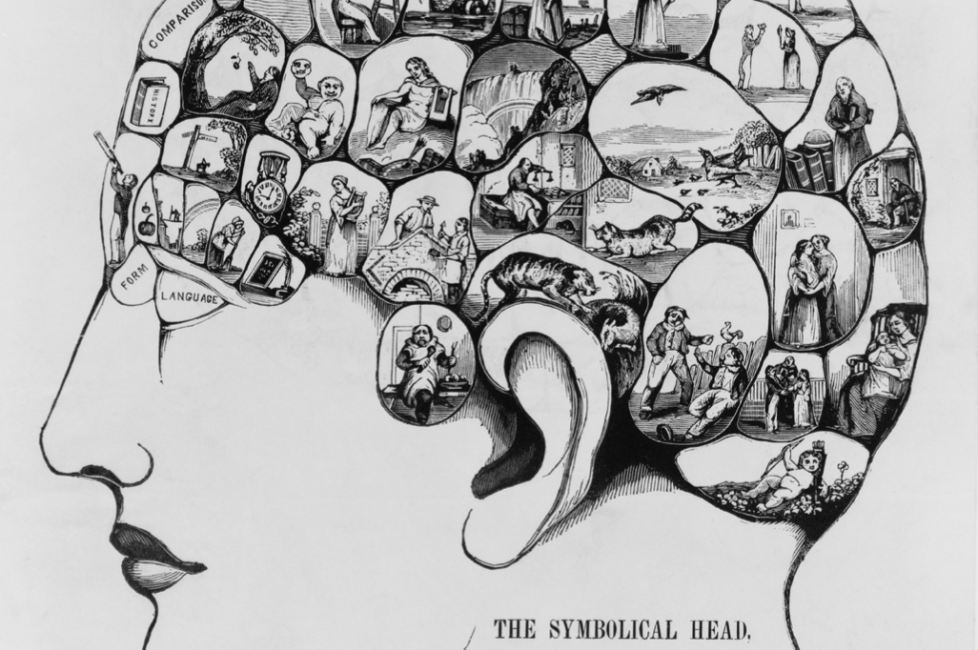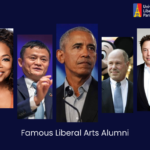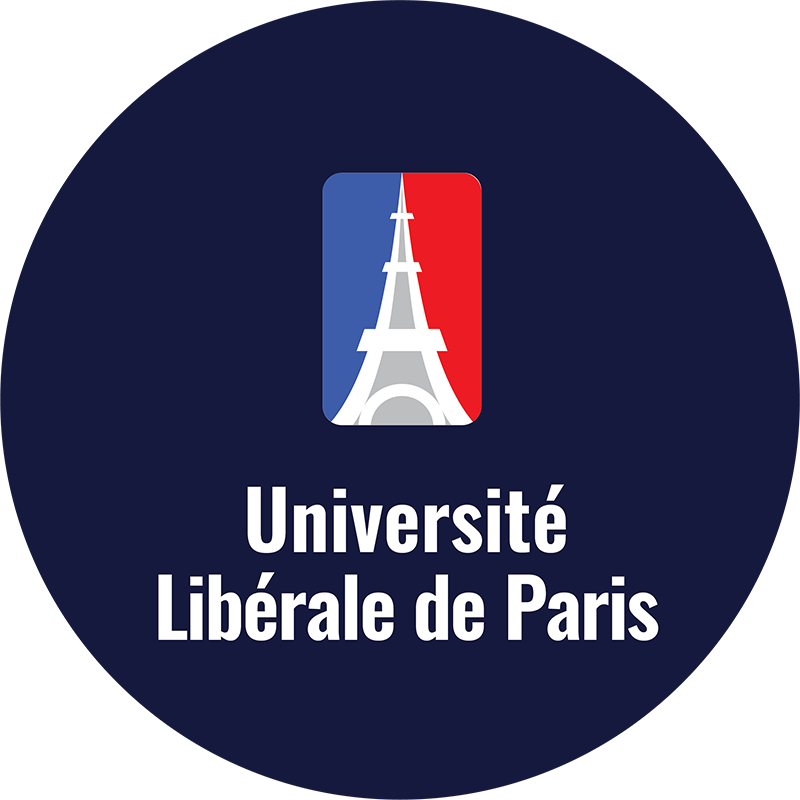Psychology and philosophy are just two separate branches springing from the huge, gnarled tree trunk of liberal arts history. They not only share the same roots but many of the same arborists clipped and propped up each of those branches along the way. As a result, it’s reasonable to view liberal arts degrees with a psychology specialisation. It’s in the same historical vein.

Table of Contents
ToggleIntroduction
Psychology is already a popular topic of study among American college students. According to the National Center for Education Statistics, psychology is the sixth most common college major in the United States. That’s because it’s more than just a route to traditional psychiatric practice and therapy.
Instead, the field’s importance in the liberal arts, as well as its connections to a wide range of other disciplines, has made it a perfect springboard for graduate study or stepping right into various jobs. A psychological liberal arts degree can provide a solid foundation for a career in sectors such as:
- Public relations
- Human resources
- Social work
- Business
- Information technology
Psychology is the traditional thinking person’s discipline, attempting to answer fundamental issues such as “who are we?” and “why do we do what we do?” The concept handles these concerns from a scientific rather than a philosophical standpoint, where the tree’s large branches separate. As a result, the subject is inextricably linked to any genuine examination of the human condition and any well-rounded undergraduate liberal arts program.
We are what we are because we have been what we have been, and what is needed for solving the problems of human life and motives is not moral estimates but more knowledge.
– Sigmund Freud
Psychological studies become a potent tool for understanding ourselves and the world around us when taught from a broad, liberal studies viewpoint and linked with other classic liberal arts disciplines. And it just so happens that the liberal arts are crucial for the same reason.
The Liberal Arts From of Psychological Thought
The most prominent minds in psychology, including Wilhelm Wundt, Sigmund Freud, Carol Rogers, Erik Erikson, Carl Jung, and B.F. Skinner, have strived not only to comprehend the human mind and behaviour but also to educate and express their findings in a way that would propel mankind forward.
At present we educate people only up to the point where they can earn a living and marry; then education ceases altogether, as though a complete mental outfit had been acquired… Vast numbers of men and women thus spend their entire lives in complete ignorance of the most important things.
– Carl Jung
That way, psychology may very well be considered an observationally validated branch of philosophy. Predictions concerning human behaviour may be developed and tested as a science.
An Observation of Psychology as a Subject in the Context of a Liberal Arts Education
As a solid liberal arts field and degree-plan component for most liberal arts students, psychological studies are likely in your future. However, extra psychology courses can be layered into the curriculum in many bachelor’s and master’s level liberal studies programs to provide a comprehensive focus on the idea.

The subject is the study of basic and advanced psychological ideas in the fields of human development, social interaction, psychopathology, cognition, and even the biological basis of behavior. Psychology, as part of a liberal arts program, enables students to:
- Analyze both individual and group behavior
- Evaluate social institutions and processes.
- Communicate effectively both written and verbally
- Enhance their critical thinking skills
- Carry out quantitative reasoning and scientific investigation
- Increase their understanding of different cultures.
- Strengthen their inductive and deductive reasoning skills.
- Examine evidence backed up by evidence
- Improve their problem-solving skills by considering many points of view
- Use psychological principles to apply to their own lives and experiences.
- Improve your understanding of social, political, and cultural topics such as race, gender, disability, sexual orientation, ethnicity, and others.
A liberal arts degree specialising in psychology is one of the broadest and most valuable degrees you can obtain. With new methods of understanding your own thoughts and motives, it may provide you with greater fulfilment than any specific employment.
Université Libéral de Paris is proud to be the first liberal arts institute for post-graduates in Paris, France. We have been helping hundreds of students approach qualified programs and open up career pathways. You can always join our community to improve your knowledge and more.
To understand more about Paris-U’s programs, read here.
References
Turley, R. (2021, December 22). Liberal Arts Edu. Retrieved from Psychology and Liberal Arts – Liberal Studies Programs with a Full Concentration in Psychology: https://liberalartsedu.org/disciplines




